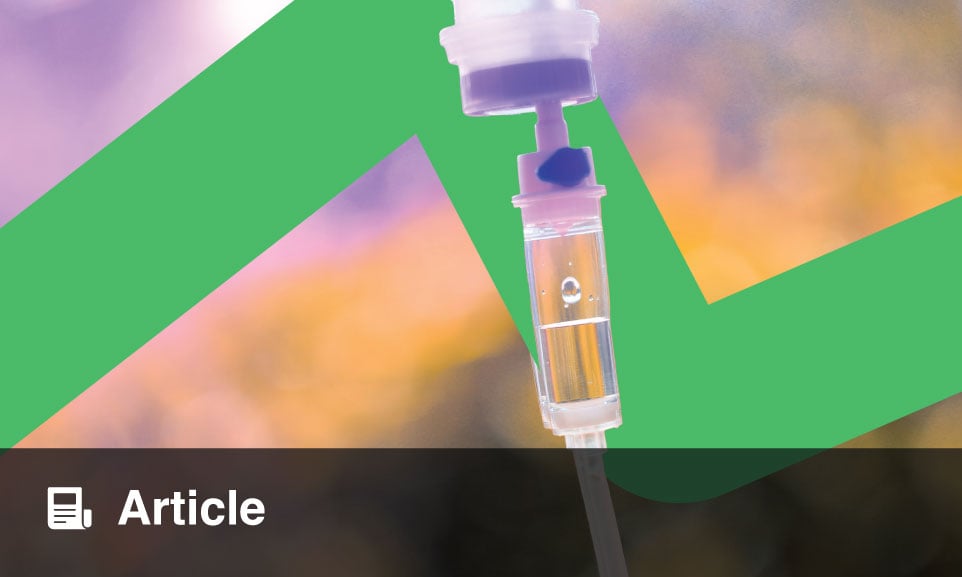Nearly 80% of Americans report consuming dietary supplements and vitamins. Choosing the right vitamins and minerals can help your body perform at its best. For example, you might consider adding glutathione to your routine.
Your cells produce the antioxidant glutathione naturally, but levels can decline as you get older. Your body needs glutathione for protection from free radicals and heavy metals.
What are the benefits of glutathione to your health? Keep reading to find out.
After reading this guide, you can determine if glutathione supplementation suits your needs. Read on to learn about healthy living with glutathione today!
1. May Improve Psoriasis
Psoriasis is an immune-mediated condition. Instead of making new cells every few weeks, your body might create new skin cells in days.
You could notice patches of thick, red skin or silvery scales along your scalp, knees, and elbows. Psoriasis also causes irritation and itchiness. There’s no cure for this condition yet.
Whey protein might help increase your glutathione levels. In one study, participants who consumed whey protein noticed improved psoriasis symptoms. Researchers still need more information about the benefits of glutathione for psoriasis treatment.
2. Reduce Oxidative Stress
When there’s an imbalance between the production of free radicals and the body’s ability to fend them off, oxidative stress can occur. High levels of oxidative stress could increase your risk of certain diseases. These include:
- Rheumatoid arthritis
- Cancer
- Diabetes
Glutathione might help minimize the impact of oxidative stress. Your risk of these conditions might reduce as a result.
Otherwise, a glutathione deficiency could cause increased levels of oxidative stress.
Elevated glutathione levels could help increase your antioxidant levels. Your body could become more resistant to oxidative stress as antioxidant levels improve.
Children with autism have higher levels of oxidative damage as well. They also have lower levels of glutathione in their brains. Their susceptibility to neurological damage from substances like mercury increases as a result.
There’s also a correlation between long-term high blood sugar and reduced amounts of glutathione. There’s an increased risk of oxidative stress and tissue damage for these patients.
Dietary supplementation with cysteine and glycine can help increase glutathione levels. It can also lower oxidative stress and damage for patients with uncontrolled diabetes.
3. Improve Insulin Resistance
Remember, your body will naturally produce less glutathione as you get older. You might want to consider these benefits of glutathione as you continue to age. Supplementation could benefit your healthy living goals.
For example, glutathione might improve insulin resistance in older individuals.
Some studies have explored the role of glutathione in insulin resistance and weight management for older patients. Low glutathione levels are associated with reduced fat burning. Low levels can cause higher rates of fat storage in the body, too.
Adding cysteine and glycine to your diet could increase your glutathione levels. Your fat-burning and insulin resistance could improve as a result.
4. Reduce Cell Damage
If your body lacks the antioxidants it needs, a deficiency can exacerbate cell death in the liver. You could develop fatty liver disease. Patients can develop this condition whether or not they misuse alcohol.
IV therapy to increase your glutathione levels might improve enzyme and protein levels. Taking glutathione is most effective when it’s received intravenously. In this study, participants noted reductions in malondialdehyde as well.
Malondialdehyde is a marker for cell damage in the liver.
Glutathione is most abundant in the liver. It attaches to toxins to remove them from the body. With glutathione injections, you can detoxify the liver to fend off diseases.











